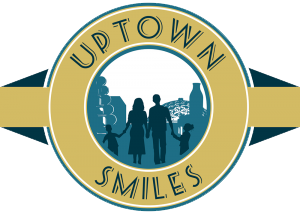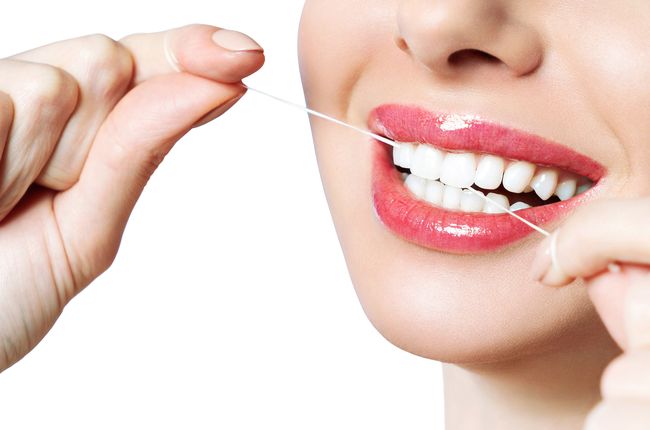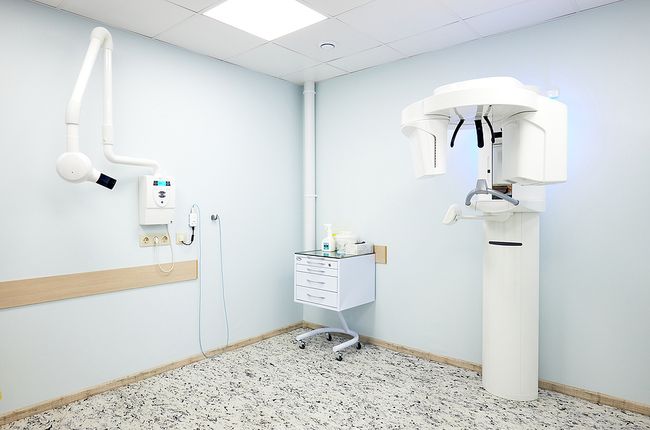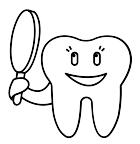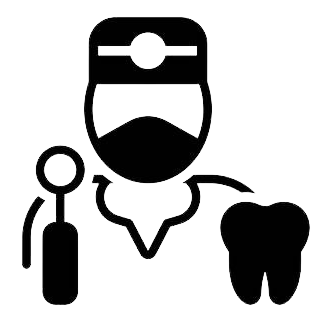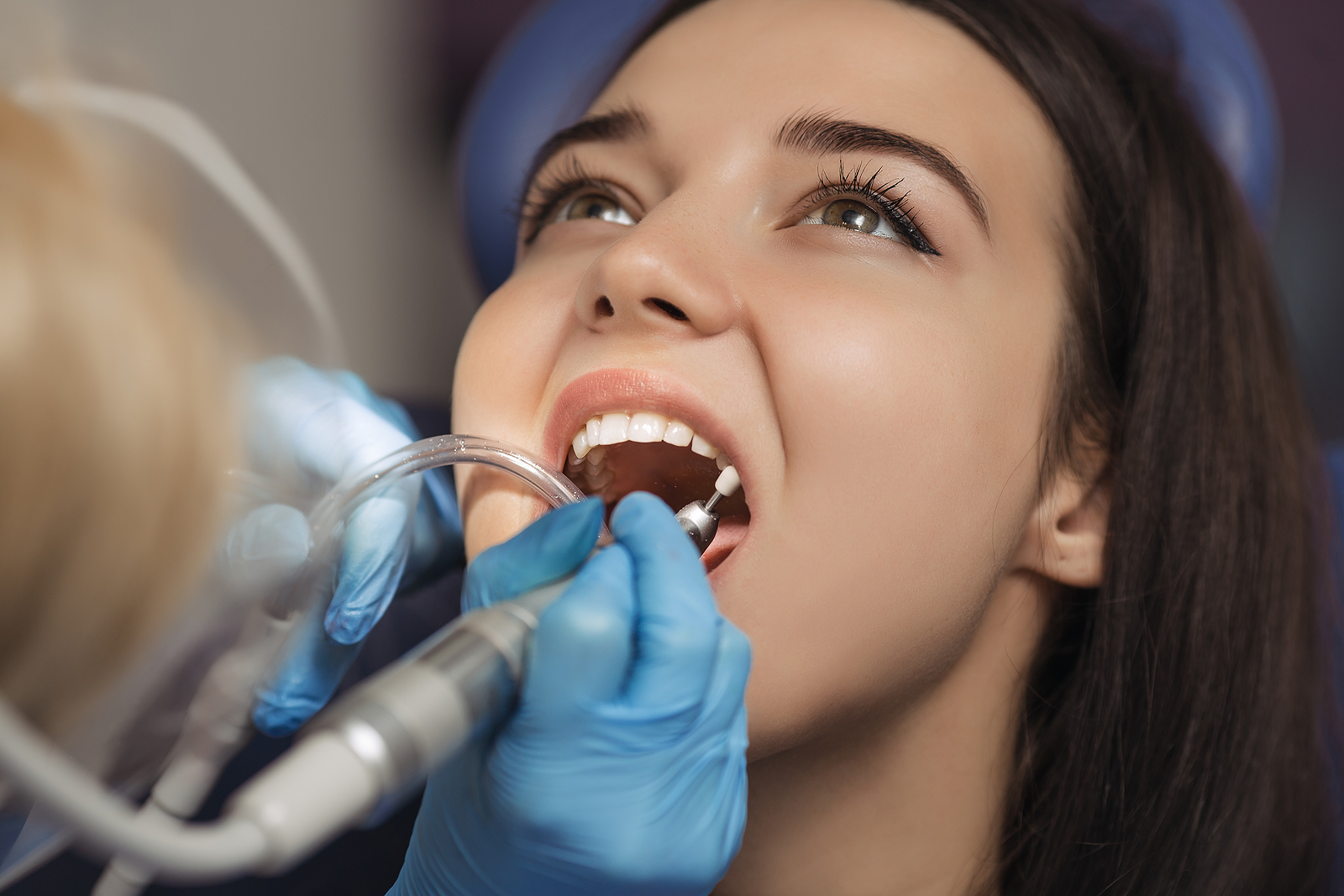Pregnancy is one of the most beautiful phases of a woman's life. However, it is also accompanied by certain changes. Some of these changes can affect your dental health. Pregnant women often experience strange, unpleasant, and even painful symptoms throughout their pregnancy. Some pregnant women are also afflicted with morning sickness.
Pregnant women experience hormonal changes that can wreak havoc on their oral health. This is why dental care for pregnant women is so important. Hormones, such as progesterone and estrogen, are responsible for a number of changes that occur in a pregnant woman's body. Some common side effects include fatigue, nausea, vomiting, heartburn, and mood swings. These changes can also affect a woman's oral health.
For example, there is an increase in plaque production and a higher likelihood of tooth decay during pregnancy. This is because saliva production decreases as a reaction to these hormones. Additionally, there is an increased blood flow in the pregnant woman's mouth, which can contribute to gum disease. Many women also experience inflamed gums and other gum problems. If the pregnant woman has untreated or poorly treated gum disease, this can affect her overall health as well.
Because pregnancy can be such an exciting time in a mother's life, she shouldn't have to suffer from poor oral health. Regular visits to the dentist and a diligent oral hygiene routine at home are the best ways to prevent the negative effects that pregnancy can have on a woman's oral health.
Dental Tips for Moms
Make sure you keep up your regular schedule of brushing and flossing. The extra hormones in your body during pregnancy can cause your gums to swell, so it's important to keep them clean. Try using a soft toothbrush instead of a hard one, so you don't irritate the gum tissues.
Some women experience morning sickness during their first trimester. When you're vomiting on a regular basis, it can wear down your teeth's enamel. Brushing your teeth after each episode of nausea can help minimize the effect.
If you're breastfeeding your baby, you should wait at least six months before you schedule a visit with your dentist. Your baby will be getting your antibodies through your breast milk which will coat their teeth and protect them from decay. Once they get their first tooth, make sure to schedule a visit. Prenatal dental care is important for you and your baby.
For more tips and comprehensive dental care, visit Uptown Smiles at 601 NW 23rd St Suite #200, Oklahoma City, OK 73103. Call us at (405) 702-7766 for appointments.
More Blog Posts
Office Hours
MON9:00 am - 6:00 pm
TUE7:00 am - 7:00 pm
WED8:00 am - 4:00 pm
THU11:00 am - 7:00 pm
FRI - SUNClosed
